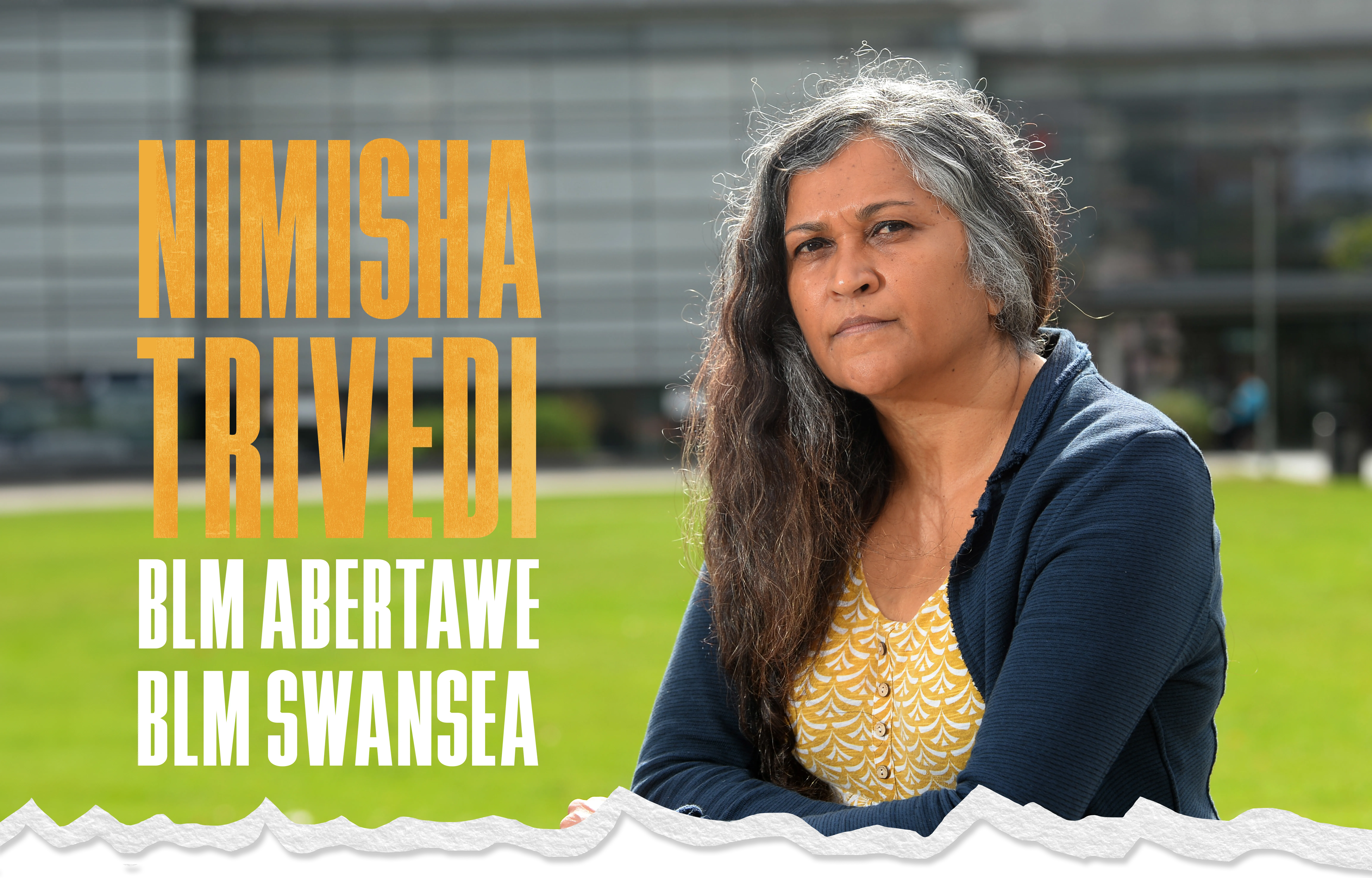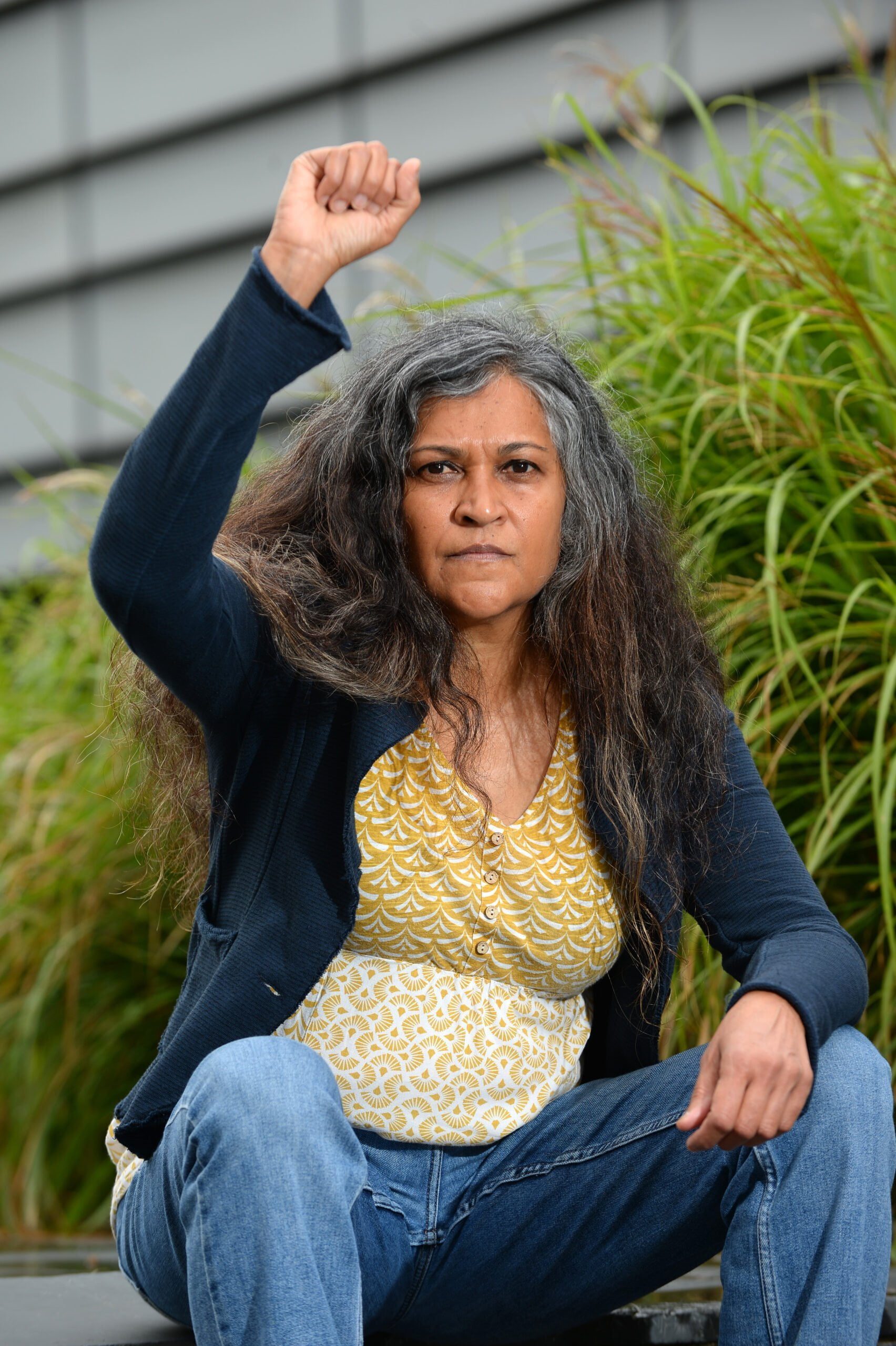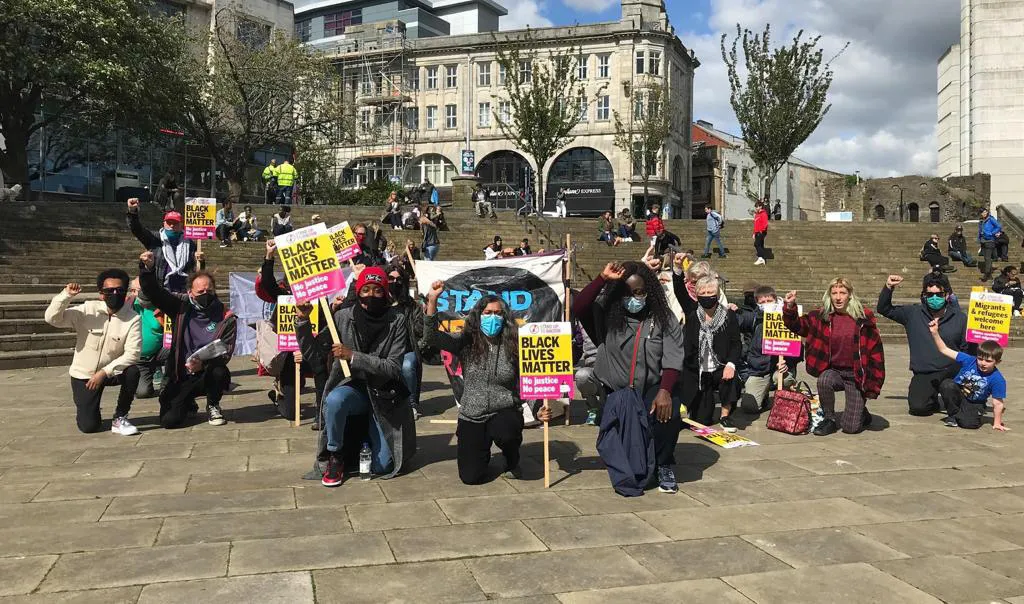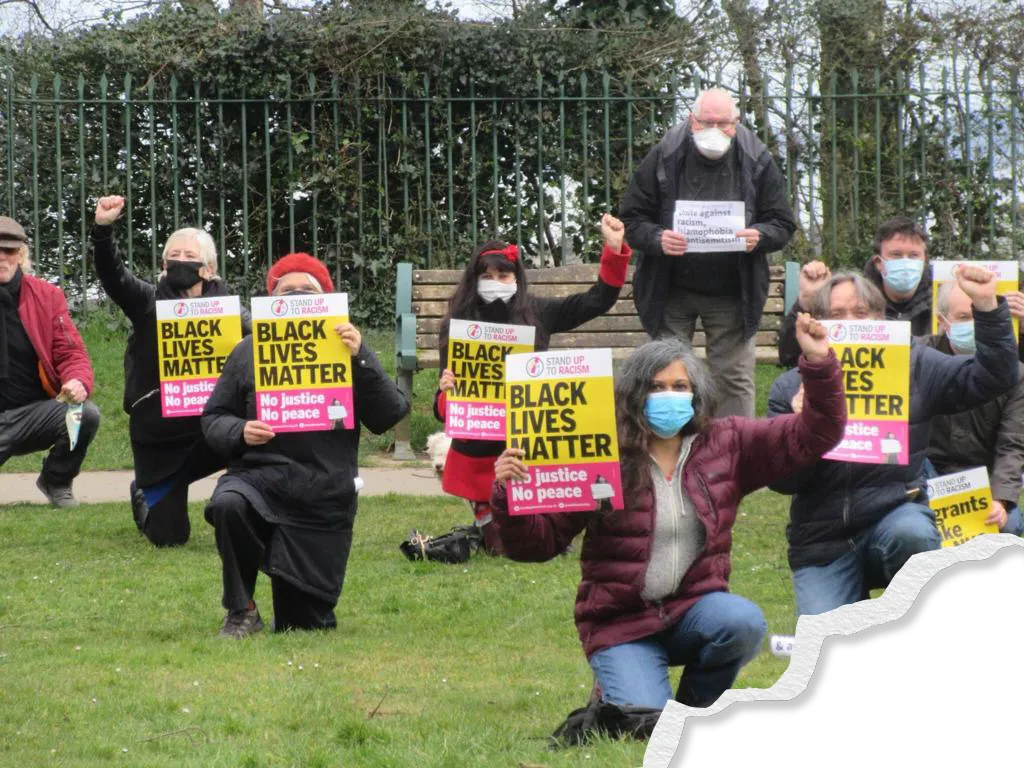My activism was born out of my experience as a teenager who was new to the country and facing racism in distressing circumstances. Initially it made me very sad and upset. But that’s what’s really given me the resilience and the courage and the determination to become an activist. Black Lives Matter is about bringing people together, Black, brown people, and everyone from all walks of life. It’s a call to White people to stand up against racism and fight for justice, particularly following the brutal killing of George Floyd. Black Lives Matter is a call for justice, change, equality, celebration of our diversity, multiculturalism, our rights as black and brown people. I remember very clearly, following the death of George Floyd, it had unleashed this anger, this emotion in the community, and people wanted to come out and show their respect and show their solidarity and take a stand against that brutal killing of George Floyd. And it was a season to bring people together, to unite everyone together. It was the first protest of that kind organised following the killing of George Floyd in Swansea, and it brought together many different organisations who were part of building for that particular protest.
Stand Up to Racism is a broad-based organisation that has existed for many years and has been part of organisations advocating against racism in different parts of the country. It was very much central to organising with Black Lives Matter following the death of George Floyd. I’m pleased that the Welsh Government is taking this agenda very seriously. It would be a challenge eradicating racism by 2030 but it’s worth attempting. The reality is that in terms of the level of racism in Wales, it is getting much worse. We’ve seen the rise of Islamophobia, anti-Semitism, the rise of the far right who continue to try and take advantage of people feeling disadvantaged and sort of disheartened and now is the time that this plan is very important. This is the time for all of us to continue working together and challenging racism wherever it arises
I was a refugee child who left Uganda in 1972 after Idi Amin came to power and all the Indians were expelled, went to India and lived there for a few years and then came to Britain in 1977. I experienced racism in terms of the expulsion from Uganda as a refugee child, in the 70s in the UK, where the national front was on the rise and very strong including verbal racism in schools.
Racism continues to be deep rooted in our society, including Wales, as we have had black people who’ve died as a result of racism. Black people continue to face racism, institutionalised racism, medical racism, educational racism, lesser job and housing opportunities, things are getting much worse. In terms of the cost-of-living crisis, I would say it’s affecting our diverse ethnic communities disproportionately hence the need for speaking out.
I am hopeful that for the future generations, the kind of society they’ll be living in will be a completely different society, where racism will be eradicated, where there won’t be inequality, where there will be harmony and unity and no hatred based on the colour of people’s skin or ethnicity or cultural background. And I’m hopeful that the future generations will be living in a society that is more peaceful and united.
No justice, no peace.









